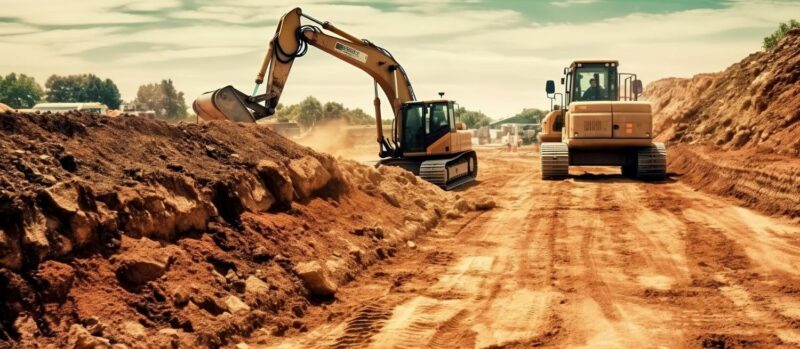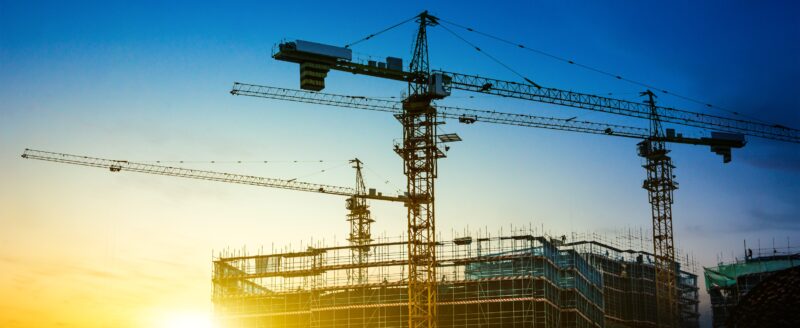In Kenya, the construction industry is experiencing significant growth and development, driven by infrastructure demands and urbanization. To thrive in this competitive landscape and deliver projects more efficiently, Kenyan construction companies should consider adopting innovative technologies like drone surveying. In this blog post, we’ll explore the compelling reasons why construction companies should embrace drone surveying for large projects, emphasizing the advantages it offers over traditional site monitoring and surveying methods.
Benefits Of Drone Technology in Large Scale Projects
Improved Safety
Safety is a paramount concern in construction. Traditional surveying methods may require workers to access hazardous or hard-to-reach areas, increasing the risk of accidents. Drones mitigate these risks by capturing data remotely. They can access challenging terrains, reducing the need for workers to venture into dangerous locations, ultimately enhancing overall safety on construction sites.
Real-time Data
Drones offer the advantage of real-time data collection and monitoring. Construction projects can change rapidly, and having access to up-to-the-minute information allows for better decision-making. This real-time insight into project progress and site conditions empowers project managers to make timely adjustments and maintain project schedules.
High Precision and Accuracy
Drones are equipped with cutting-edge technology that ensures precise measurements and data accuracy. This level of precision is crucial for construction projects that require accurate land surveys, topographical maps, and 3D models. The accuracy of drone surveying reduces errors in design and construction, leading to superior project outcomes.
Environmental Sustainability
Many construction projects in Kenya are located in environmentally sensitive areas. Traditional surveying methods can disrupt and harm ecosystems. Drones are more environmentally friendly, emitting fewer pollutants compared to traditional vehicles, and they can minimize disturbance to the natural surroundings.
Remote Accessibility
Kenya’s diverse landscapes often necessitate construction companies to work in remote or challenging locations. Drones are highly mobile and can access areas that may be difficult to reach by traditional means. This remote accessibility simplifies surveying and monitoring in remote regions, making large projects more feasible.
Enhanced Project Visualization
Drones offer the capability to create detailed 3D models and aerial maps. These visualizations provide construction companies with a comprehensive view of the project site. Such visual aids aid in project planning, design, and communication with stakeholders, resulting in better project management.
Competitive Advantage
In an increasingly competitive industry, construction companies that adopt drone surveying gain a competitive edge. Clients are looking for efficient and innovative solutions, and companies utilizing drones demonstrate their commitment to delivering high-quality projects using the latest technology.
Conclusion
The adoption of drone surveying by Kenyan construction companies for large projects offers numerous benefits, including enhanced efficiency, cost savings, improved safety, real-time data, accuracy, environmental sustainability, remote accessibility, and project visualization. Embracing this technology is not merely an option; it’s a strategic move that allows construction companies to tackle large projects more efficiently, meet industry standards, and stay ahead in the competitive construction market. As the industry continues to evolve, drone surveying is poised to play a pivotal role in the success of Kenyan construction projects.












